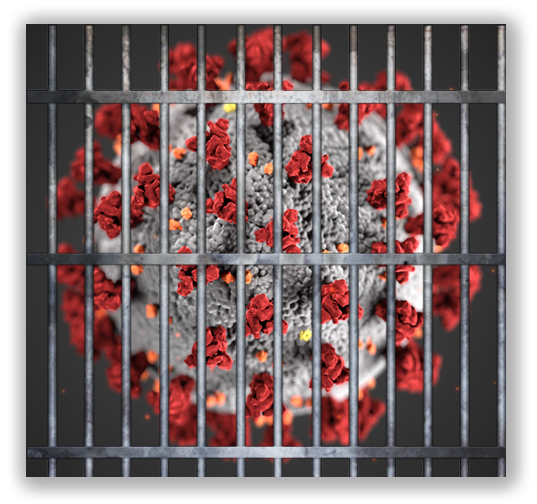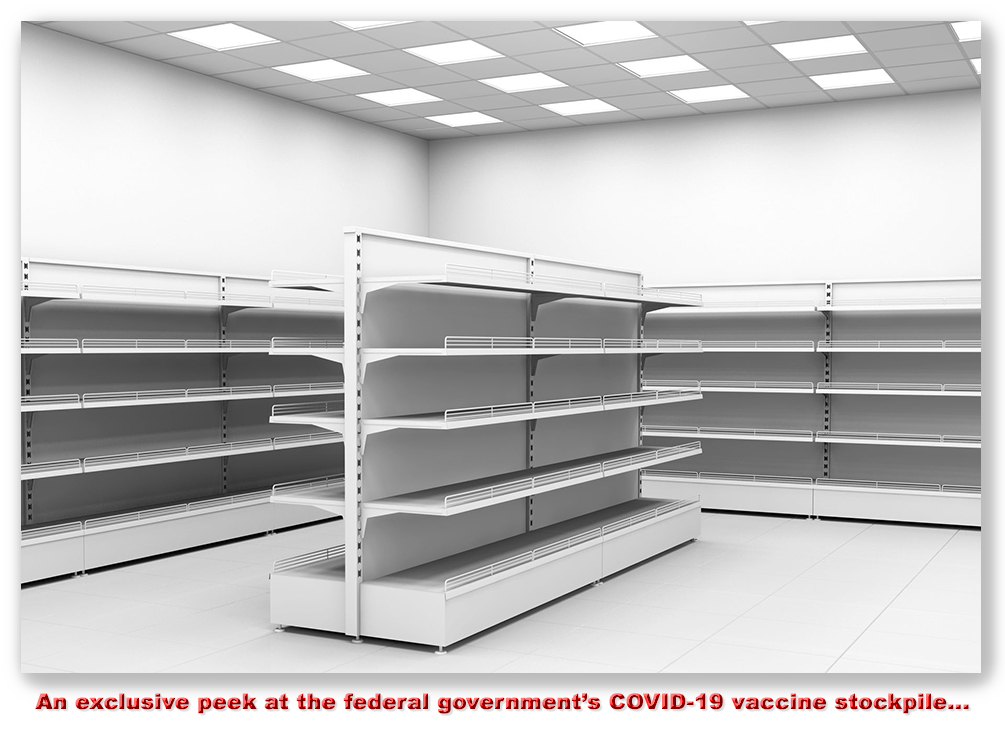We post news and comment on federal criminal justice issues, focused primarily on trial and post-conviction matters, legislative initiatives, and sentencing issues.

VACCINE DELIVERY TO FALL SHORT WHILE DEBATE OVER INMATE ACCESS INTENSIFIES
The Washington Post reported last Saturday that federal officials have slashed the amount of coronavirus vaccine they anticipate will ship in December because of constraints on supply, sending local officials into a scramble to adjust vaccination plans and highlighting how early promises of a vast stockpile before the end of 2020 have fallen short.
And if that were not enough, it now appears that before Pfizer’s coronavirus vaccine was proved highly successful in clinical trials last month, the company offered the Trump administration the chance to lock in supplies beyond the 100 million doses the pharmaceutical maker originally agreed to sell the government. The New York Times reports, however, that the administration, according to people familiar with the talks, never made the deal, “a choice that now raises questions about whether the United States allowed other countries to take its place in line.”
The President issued an executive order on Tuesday that proclaimed other nations will not get the U.S. supplies of its vaccine until Americans have been inoculated. But, the Times said, “the order appears to have no real teeth and does not expand the U.S. supply of doses…”
Instead of the delivery of 300 million or so doses of vaccine immediately after emergency-use approval and before the end of 2020, as the administration had originally promised, current plans call for availability of around a tenth of that, or 35 to 40 million doses. And that is out of a maximum delivery of 100 million Pfizer doses, enough to inoculate 50 million people.
Meanwhile, The New York Times reported a week ago that as public health officials are scrambling to develop guidelines for the equitable allocation of limited vaccine supplies, “inmates are not ranked in the top tiers of the federal criteria, even though some of the largest outbreaks have occurred in the nation’s prisons.” The CDC advisory committee has prioritized correctional officers and others who work in jails and prisons for the first phase of immunizations, a decision the Times says “raises a chilling prospect: another prison outbreak that kills scores of inmates after the only preventive was reserved for staff.”
 Several groups, including the American Medical Association, are calling for coronavirus vaccines to be given to inmates and employees at prisons, jails and detention centers, citing the unique risks to people in confinement — and the potential for outbreaks to spread from correctional centers, straining community hospitals. “We aren’t saying that prisoners should be treated any better than anybody else, but they shouldn’t be treated any worse than anybody else who is forced to live in a congregate setting,” said Dr. Eric Toner, co-author of a report on vaccine allocation published by the Johns Hopkins Center for Health Security.
Several groups, including the American Medical Association, are calling for coronavirus vaccines to be given to inmates and employees at prisons, jails and detention centers, citing the unique risks to people in confinement — and the potential for outbreaks to spread from correctional centers, straining community hospitals. “We aren’t saying that prisoners should be treated any better than anybody else, but they shouldn’t be treated any worse than anybody else who is forced to live in a congregate setting,” said Dr. Eric Toner, co-author of a report on vaccine allocation published by the Johns Hopkins Center for Health Security.
But a political backlash has been brewing over the idea that inoculating people behind bars should be a priority. “Killers and rapists set to get COVID vaccines before Granny,” a recent Fox News segment proclaimed.
Curiously (and this should be treated as probably true but unconfirmed) two inmates from two very different locations – FCI Petersburg Medium and FMC Carswell – told me yesterday that BOP health services personnel were surveying inmates at each location to determine their willingness to be vaccinated.
Can we pronounce the word “optimism,” boys and girls?
The Washington Post, Trump’s Operation Warp Speed promised a flood of COVID vaccines. Instead, states are expecting a trickle (December 5, 2020)
The New York Times, Trump administration officials passed when Pfizer offered months ago to sell the U.S. more vaccine doses (December 7, 2020)
The New York Times, Prisons Are Covid-19 Hotbeds. When Should Inmates Get the Vaccine? (December 2, 2020)
– Thomas L. Root



